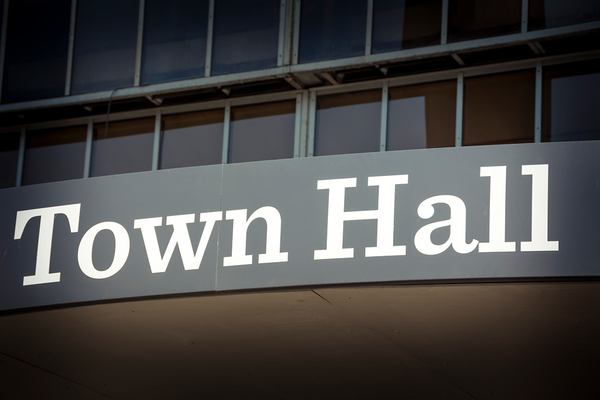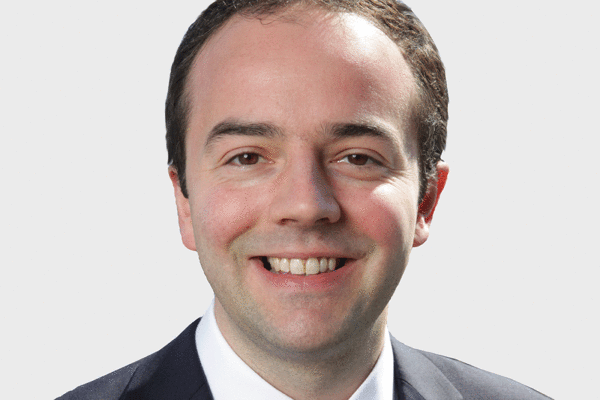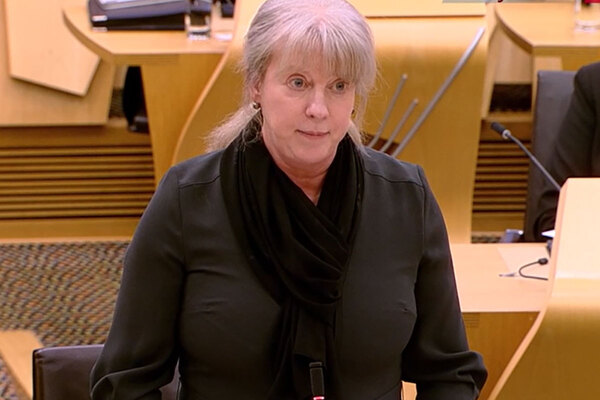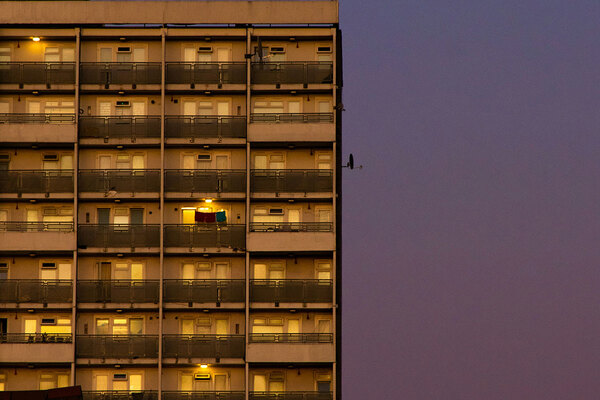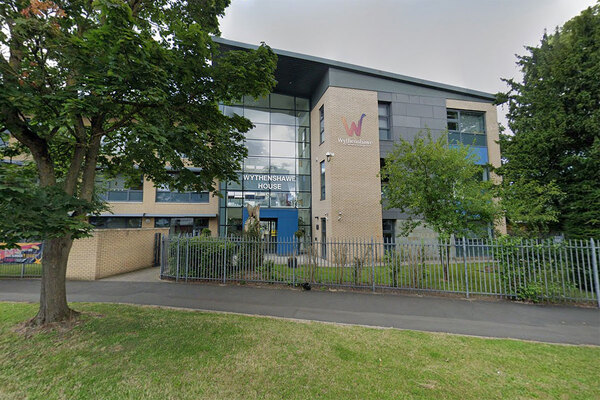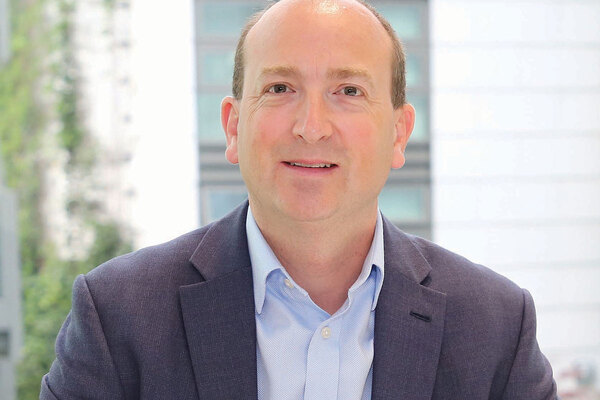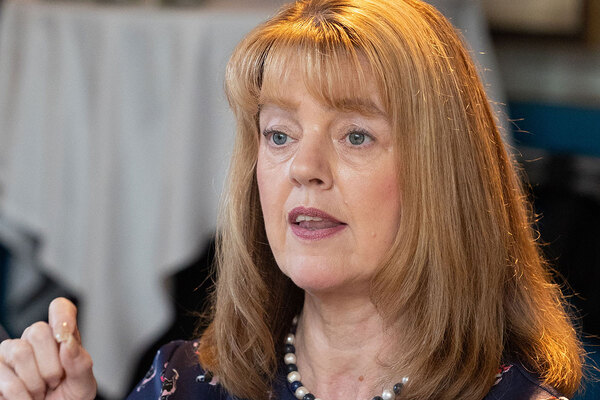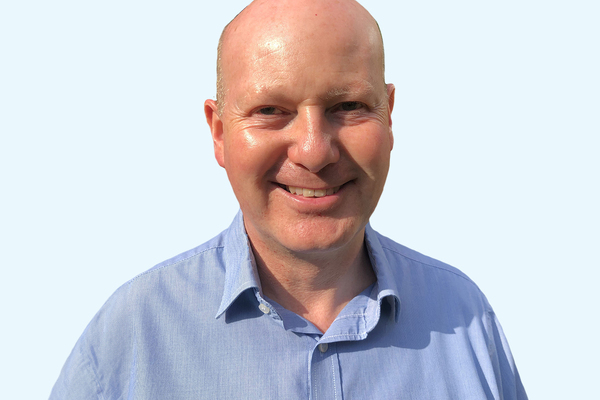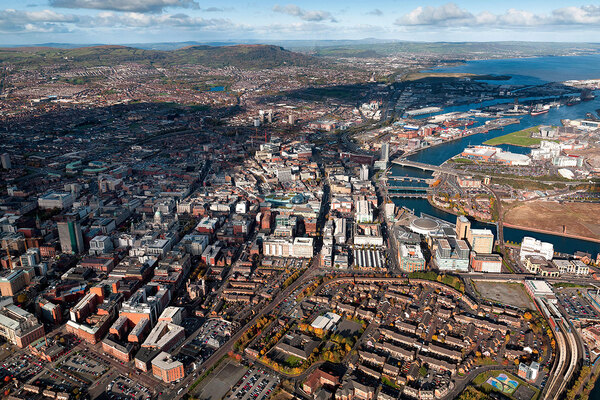You are viewing 1 of your 1 free articles
Councils have plans for more than 20,000 homes with borrowing flexibility
Councils in England estimate they will be able to build at least 20,500 homes over three years with new powers to borrow for investment in housing, figures obtained by Inside Housing suggest.
In October, the government abolished a long-standing cap on how much councils are allowed to borrow through their Housing Revenue Accounts (HRAs).
Theresa May’s surprise announcement came just three days after bidding closed for £1bn of additional HRA borrowing headroom over three years offered to town halls at the 2017 Autumn Budget.
Ministers have said that huge interest for that programme was instrumental in the decision to scrap the HRA cap.
Following an Inside Housing Freedom of Information Act request, the Ministry of Housing, Communities and Local Government (MHCLG) has now disclosed details of the bidding for the first time.
The figures revealed that nearly £2.9bn-worth of bids were submitted – almost three times the amount offered – by 75 different councils. They are detailed in the table below.
And the number of new homes promised for development through these bids was 20,540 – a strong indication of how much development councils believe they can achieve with extra borrowing powers.
There has been speculation over how many additional council homes will be delivered in the absence of the HRA cap since its abolition was announced.
The government has said that removing the cap will deliver “up to an estimated 10,000 additional homes a year”, while Savills Housing Consultancy believes the figure will be more than 15,000 and Shelter believes annual housebuilding levels could reach 27,500 units.
In 2016-17, local authorities delivered fewer than 3,400 new builds according to official data.
The true number of homes delivered now the cap has been removed may well be higher than 20,540, as only councils considered to be in areas of “high affordability pressure” were eligible to bid for the £1bn.
This requirement meant only around 100 of more than 160 stock-retaining councils in England were able to apply.
Had it gone ahead, the £1bn borrowing programme would have run from 2019-20 to 2021-22.
Listen to an episode of The Housing Podcast on the borrowing cap removal:
Demand for the programme was split evenly between London boroughs and councils outside the capital, though the four largest bids all came from London.
All but six authorities in London bid for extra borrowing headroom.
These six were Westminster, Lambeth, Hillingdon, Wandsworth, the City of London and Kensington and Chelsea.
However, the latter four did bid for London mayor Sadiq Khan’s £1bn grant programme, which was allocated in October.
Separate information provided by the Greater London Authority showed that in total, London councils requested nearly £1.55bn-worth of housebuilding grant.
Bids for £1bn council borrowing programme
| Council | Size of bid (£m) | New homes proposed |
|---|---|---|
| Southwark | 169 | 1,270 |
| Greenwich | 140 | 680 |
| Enfield | 120 | 630 |
| Ealing | 119 | 880 |
| Exeter | 102 | 690 |
| Hackney | 94 | 940 |
| Tower Hamlets | 88 | 650 |
| Milton Keynes | 86 | 600 |
| Harrow | 84 | 610 |
| Oxford | 84 | 490 |
| Leeds | 83 | 770 |
| Warwick | 75 | 350 |
| Ashford | 74 | 320 |
| Hounslow | 70 | 420 |
| Havering | 65 | 740 |
| Slough | 65 | 440 |
| Islington | 60 | 350 |
| Brighton & Hove | 58 | 460 |
| Haringey | 55 | 300 |
| Newham | 53 | 300 |
| Winchester | 52 | 590 |
| Brent | 52 | 320 |
| Lewisham | 50 | 290 |
| Thurrock | 48 | 260 |
| Northampton | 47 | 520 |
| Redbridge | 47 | 400 |
| Bristol | 43 | 390 |
| Sutton | 42 | 200 |
| York | 39 | 240 |
| Central Bedfordshire | 37 | 320 |
| Portsmouth | 36 | 250 |
| Reading | 33 | 180 |
| Southampton | 33 | 180 |
| Waltham Forest | 31 | 180 |
| Croydon | 30 | 140 |
| Kingston | 29 | 260 |
| Crawley | 29 | 230 |
| Wealden | 29 | 210 |
| Colchester | 26 | 200 |
| Woking | 26 | 150 |
| Barnet | 23 | 80 |
| Cheltenham | 22 | 230 |
| Hammersmith & Fulham | 19 | 190 |
| South Cambridgeshire | 17 | 150 |
| Lewes | 17 | 140 |
| Mid Suffolk | 17 | 140 |
| Barking & Dagenham | 16 | 70 |
| Manchester | 15 | 150 |
| Cornwall | 15 | 100 |
| Luton | 15 | 70 |
| Newcastle upon Tyne | 13 | 140 |
| Fareham | 13 | 90 |
| Basildon | 12 | 80 |
| Camden | 11 | 90 |
| Dacorum | 10 | 90 |
| Stevenage | 10 | 70 |
| Guildford | 10 | 60 |
| Bournemouth | 9 | 80 |
| Swindon | 8 | 110 |
| Epping Forest | 8 | 90 |
| Poole | 8 | 60 |
| Southend-on-Sea | 8 | 60 |
| Wiltshire | 8 | 50 |
| Rugby | 7 | 90 |
| Harrogate | 7 | 70 |
| Redditch | 6 | 70 |
| Stroud | 6 | 70 |
| Babergh | 6 | 40 |
| Eastbourne | 6 | 40 |
| Thanet | 6 | 40 |
| Salford | 5 | 100 |
| Bury | 5 | 80 |
| Solihull | 4 | 90 |
| Medway | 4 | 40 |
| Uttlesford | 3 | 20 |
May's Conservative Party conference speech: the housing bits in full
Below is the text of the housing section of Theresa May's party conference speech:
"Last year I made it my personal mission to fix another broken market: housing.
We cannot make the case for capitalism if ordinary working people have no chance of owning capital.
To put the dream of home ownership back within their reach, we scrapped stamp duty for most first-time buyers – and over 120,000 households have already benefited.
We’ve helped half a million people onto the housing ladder through other schemes like Help to Buy.
And this week we have announced that we will charge a higher rate of stamp duty on those buying homes who do not live and pay taxes in the UK, to help level the playing field for British buyers.
The money raised will go towards tackling the scourge of rough sleeping.
But the truth is that while these measures will help in the short term, we will only fix this broken market by building more homes.
And that is what we are doing.
More new homes were added to our stock last year than in all but one of the last 30 years.
But we need to do better still.
The last time Britain was building enough homes – half a century ago – local councils made a big contribution.
We’ve opened-up the £9 billion Affordable Housing Programme to councils, to get them building again.
And at last year’s conference I announced an additional £2 billion for affordable housing.
But something is still holding many of them back.
There is a government cap on how much they can borrow against their Housing Revenue Account assets to fund new developments.
Solving the housing crisis is the biggest domestic policy challenge of our generation.
It doesn’t make sense to stop councils from playing their part in solving it.
So today I can announce that we are scrapping that cap.
We will help you get on the housing ladder.
And we will build the homes this country needs."
Speech given to the Conservative Party conference on 3 October, 2018.


